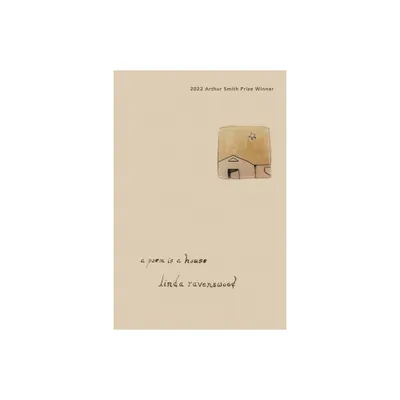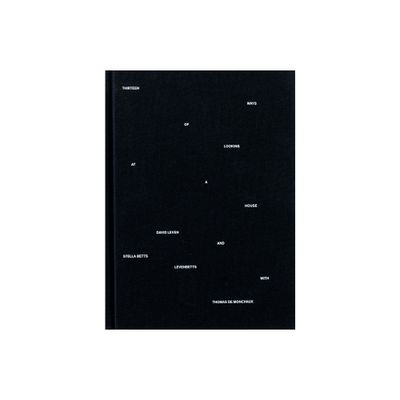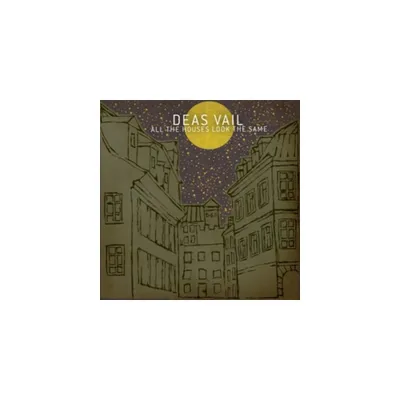Home
The Looking House: Poems
Loading Inventory...
Barnes and Noble
The Looking House: Poems
Current price: $15.00


Barnes and Noble
The Looking House: Poems
Current price: $15.00
Loading Inventory...
Size: OS
*Product Information may vary - to confirm product availability, pricing, and additional information please contact Barnes and Noble
"To my mind, what distinguishes Marchant's work is his willingness to take a hard look at human suffering while maintaining his unflinching, delicate tone." —
The Journal
house that floats
on a muddy river in spring-time flood,
house like a human head on the surface,
house with a boy's face, turned up.
—from "House on Water, House in Air"
In
The Looking House
—Fred Marchant's new collection of poems—the poet lays out a map of human suffering, from wars within the psyche to wars that rage across the contemporary landscape. These intense, innovative lyrics stir and disturb, remaining aware of the way history bears down upon us and makes us responsible for the consequences of our choices. Marchant maps the shelters, the "precarious places" that give us refuge and "teach us everything." Such a place might be an open window at midnight in childhood, or the broken sill of a deserted hut on the coast of Donegal. In these poems a "looking house" can just as easily be a locked ward, a barracks, a movie theater at midday, or that room in Rome where Keats lay dying. These poems may show us a broken world, but they also offer glimpses of survival and renewal, of trust and reconnection.
The Journal
house that floats
on a muddy river in spring-time flood,
house like a human head on the surface,
house with a boy's face, turned up.
—from "House on Water, House in Air"
In
The Looking House
—Fred Marchant's new collection of poems—the poet lays out a map of human suffering, from wars within the psyche to wars that rage across the contemporary landscape. These intense, innovative lyrics stir and disturb, remaining aware of the way history bears down upon us and makes us responsible for the consequences of our choices. Marchant maps the shelters, the "precarious places" that give us refuge and "teach us everything." Such a place might be an open window at midnight in childhood, or the broken sill of a deserted hut on the coast of Donegal. In these poems a "looking house" can just as easily be a locked ward, a barracks, a movie theater at midday, or that room in Rome where Keats lay dying. These poems may show us a broken world, but they also offer glimpses of survival and renewal, of trust and reconnection.


















